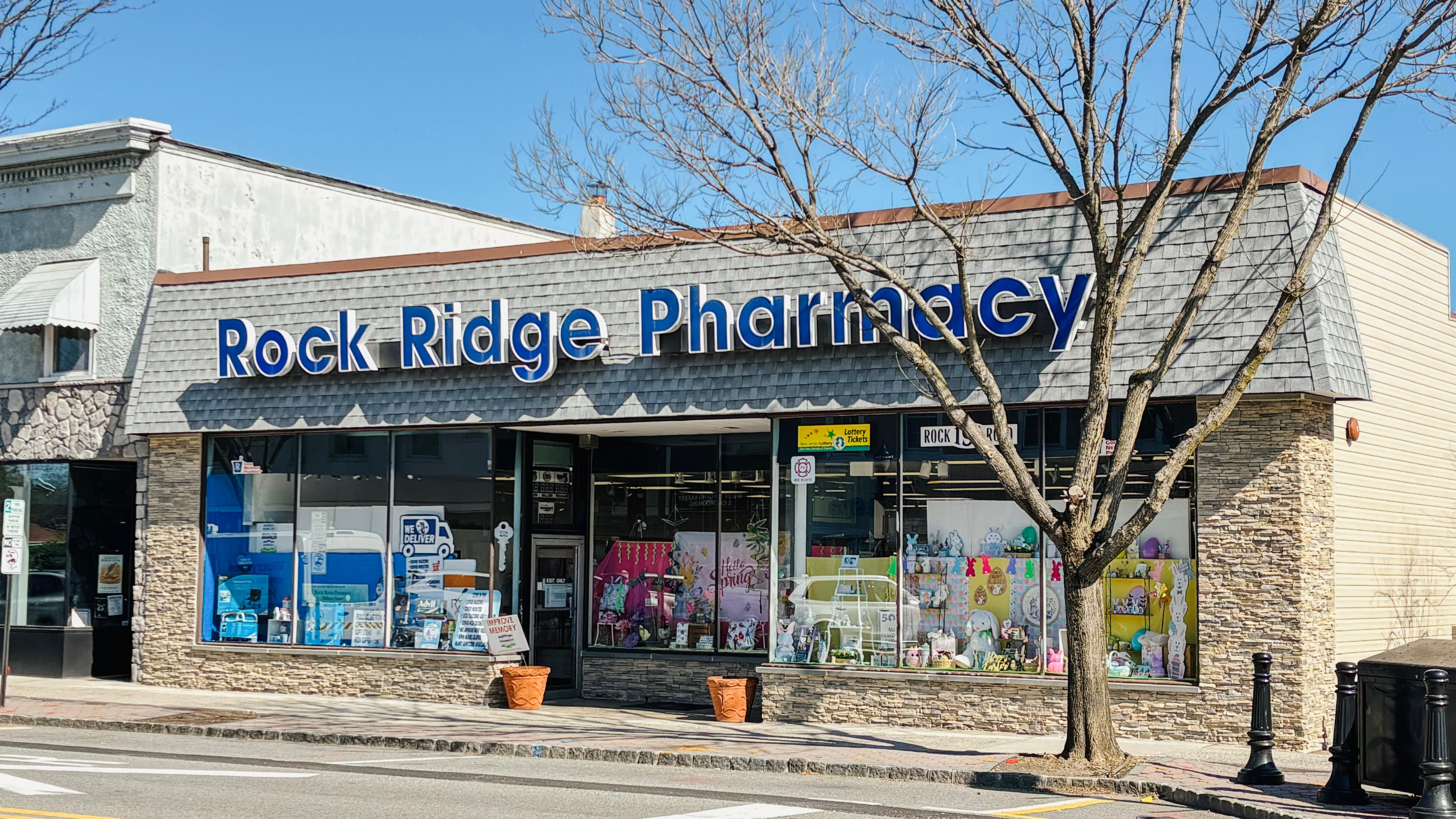Debunking the Myths Surrounding Ketamine: Separating Fact from Fiction
Despite its growing recognition in mental health care, ketamine therapy remains surrounded by misconceptions. In this article, we explore the science behind ketamine and separate evidence-based facts from common myths — shedding light on its true therapeutic potential for depression, anxiety, and chronic pain.
Introduction

Ketamine, once primarily known as an anesthetic, has recently gained attention for its potential in treating various mental health conditions. However, along with the growing interest in Ketamine therapy, several myths and misconceptions have emerged.
In this blog post, we aim to debunk these myths and provide a clearer understanding of Ketamine and its therapeutic applications, helping patients and providers make informed decisions grounded in science rather than stigma.
Debunking Common Myths About Ketamine Therapy
Understanding the truth behind Ketamine therapy and dispelling misconceptions that may prevent people from seeking effective treatment.
Myth 1: Ketamine is Only Used as a Recreational Drug
One of the most common misconceptions about Ketamine is that it is solely used as a recreational drug, often referred to as “Special K.” While Ketamine does have a history of recreational misuse due to its dissociative effects, it is also an FDA-approved medication with legitimate medical applications. Ketamine is used as an anesthetic in surgical procedures and has shown promise in treating depression, anxiety, PTSD, and chronic pain when administered in controlled medical environments by trained professionals.
Myth 2: Ketamine is Addictive
Another prevalent myth is that Ketamine is highly addictive. While Ketamine has the potential for misuse when taken recreationally, the risk of addiction is minimal when administered in low, therapeutic doses under medical supervision. In clinical settings, Ketamine therapy follows strict safety protocols, with dosing tailored to each patient’s needs, ensuring that the treatment remains both effective and safe.
Myth 3: Ketamine is a “Magic Bullet” Cure for Depression
While Ketamine therapy can provide rapid relief for many individuals suffering from depression, it is not a one-size-fits-all solution. Responses vary, and ongoing treatments may be required to maintain results. Ketamine works best as part of a comprehensive care plan that includes therapy, medication management, and lifestyle changes—rather than a standalone cure.
Myth 4: Ketamine Therapy is Unsafe
Concerns about safety often arise due to Ketamine’s history of misuse. However, clinical Ketamine therapy is well-regulated and safe when performed by qualified medical professionals. Treatments take place in monitored environments where patients are observed closely, ensuring that the procedure is both effective and well-tolerated.
Myth 5: Ketamine Therapy is Only for Severe Cases
While initially used for treatment-resistant depression, research is expanding Ketamine’s use for a broader range of patients. Emerging evidence suggests it can also help those with moderate depression and anxiety when introduced earlier in treatment—potentially preventing symptom escalation and improving long-term outcomes.
Conclusion
In conclusion, Ketamine therapy holds tremendous promise as a treatment for depression, anxiety, PTSD, and other mental health conditions. However, it is essential to separate fact from fiction and challenge the myths surrounding its use. When administered appropriately under professional supervision, Ketamine therapy offers rapid relief and renewed hope for those who have struggled with treatment-resistant symptoms.
By promoting awareness and accurate information, healthcare providers and patients alike can embrace Ketamine therapy as a valuable, evidence-based option in the ever-evolving field of mental health care.
Ketamine Therapy at Rock Ridge Pharmacy
Innovative mental health solutions, personalized with expert pharmaceutical care

Why Choose Rock Ridge Pharmacy?
At Rock Ridge Pharmacy, we partner with healthcare providers to prepare and support patients undergoing Ketamine therapy for mental health conditions such as depression, anxiety, PTSD, and chronic pain. Our pharmacists collaborate closely with prescribers to ensure each compounded preparation is accurate, stable, and patient-specific.
We emphasize safety, precision, and compassion — providing education and ongoing communication for every patient journey. With Rock Ridge, you’re choosing trusted pharmaceutical expertise and a team dedicated to advancing innovative mental health care options.
Frequently Asked Questions (FAQ)
What is Ketamine therapy?
Ketamine therapy is an innovative treatment option for depression, anxiety, PTSD, and chronic pain. It works by targeting the brain’s glutamate system, helping to rapidly restore balance and improve mood.
How does Ketamine differ from traditional antidepressants?
Unlike SSRIs or SNRIs that act on serotonin and norepinephrine, Ketamine works through glutamate and promotes neuroplasticity — the brain’s ability to form new connections — leading to faster symptom relief.
How quickly can Ketamine therapy work?
Many patients report significant improvement within hours to days after a treatment session, compared to the weeks traditional antidepressants often require.
Who may benefit from Ketamine therapy?
Ketamine therapy may be helpful for individuals who have treatment-resistant depression or those not responding well to standard antidepressant medications. It is also studied for PTSD, anxiety, and chronic pain conditions.
Is Ketamine therapy safe?
When administered under medical supervision, Ketamine therapy is considered safe and well-tolerated. Side effects such as mild dizziness or dissociation are typically short-lived and monitored closely by healthcare professionals.
How is Ketamine administered?
Ketamine may be administered as an IV infusion, intranasal spray, or oral lozenge, depending on your provider’s recommendation. Rock Ridge Pharmacy compounds customized Ketamine formulations for clinical and at-home protocols.
Do I need a prescription for Ketamine therapy?
Yes. Ketamine is a controlled substance and must be prescribed by a licensed healthcare provider. Our pharmacists at Rock Ridge Pharmacy collaborate with prescribers to ensure accuracy and safety.
How many treatments are usually needed?
Treatment plans vary. Most protocols begin with 6–8 sessions over 2–4 weeks, followed by maintenance sessions as recommended by your clinician.
Are there any side effects?
Common side effects may include mild nausea, dizziness, or dissociation during treatment. These effects usually resolve quickly after the session under medical supervision.
Where can I receive Ketamine therapy in New Jersey?
Rock Ridge Pharmacy in Glen Rock, NJ partners with healthcare providers across New Jersey to support Ketamine therapy through expert compounding and patient care.
Want to Learn More About Ketamine Therapy?
Discover how Ketamine therapy is helping patients find rapid relief from depression, anxiety, PTSD, and chronic pain. Our pharmacists at Rock Ridge Pharmacy work with your healthcare provider to ensure safe dosing, precise formulation, and compassionate follow-up throughout your treatment journey.
Serving New Jersey patients and providers — Rock Ridge Pharmacy delivers expert compounding care, clinical collaboration, and a patient-first approach to innovative mental health solutions like Ketamine therapy.


